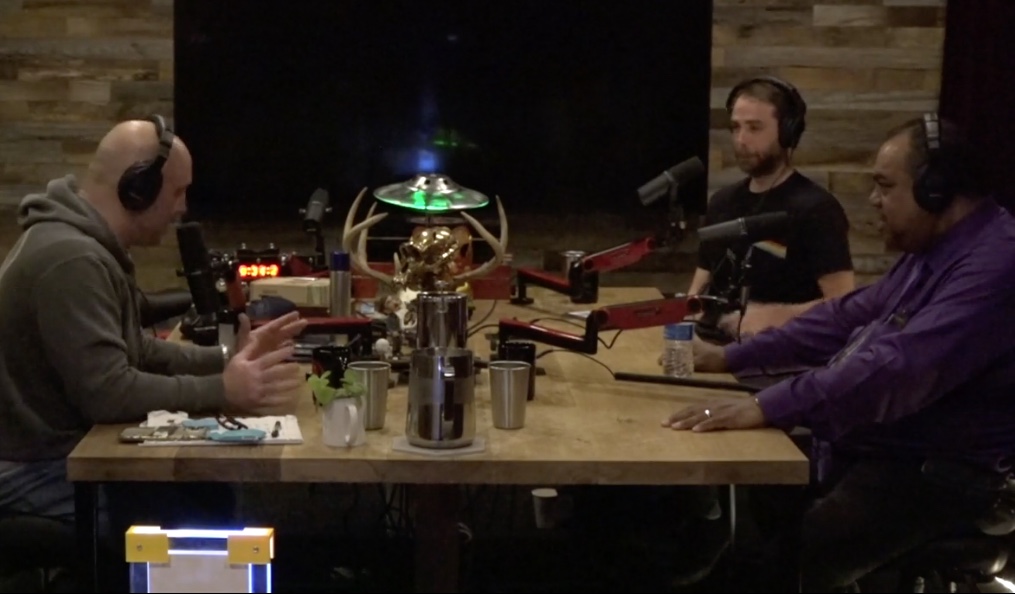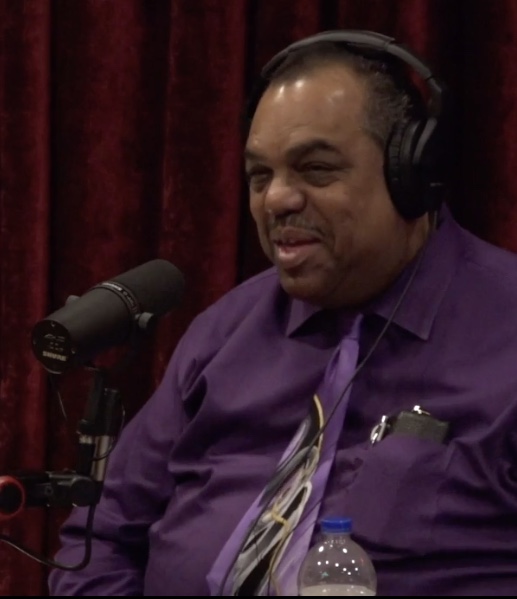How to Be a Human Animal, Chapter 27: The Exaggerated Benefits of Moral Rules
This is Chapter 27 of my advice to a hypothetical baby. I'm using this website to act out my time-travel fantasy of going back give myself pointers on how to avoid some of Life’s potholes. If I only knew what I now know . . . All of these chapters (soon to be 100) can be found here.
Today I’m here to warn you to watch out for those who cast about moral rules when they try to get you to obey them. Our most popular moral rules include these:
- The Golden Rule
- Utilitarianism
- The Categorical Imperative
These rules do a very bad job of telling you what to do with your life. They don't even do a good job of telling you what to do next.
Let’s assume that you are Hitler trying tact in accordance with any of these rules. Imagine Hitler hearing about the Golden Rule of “Do Unto Others” at the peak of his tyrannical reign. Sure, he would think. “If I were any other intelligent person, then I would want me to run Germany exactly how I am running Germany!” If you think that Hitler would be applying the rule incorrectly, he would disagree. Further, there are no rules on how to apply the Golden Rule.
Utilitarianism has the same problem. It rule requires you to maximize well being by doing the thing that is the greatest good for the greatest number. Hitler would say: “I’m doing everything I can to bring the greatest good to the greatest number! You won’t believe how good this empire will be when I’m finished building it.” Again, you might disagree with Hitler here, but the way you apply utilitarianism depends on how you define “good,” and even reasonable people disagree intensely about what is “good.” Even massively dysfunctional and dangerous people like Hitler think they know what it means to be "good."
Kant’s Categorical Imperative demands that we take the maxim by which we propose to act and ask ourselves whether we could make that maxim a universally applicable maxim. Hitler would say that he was doing great things for Germany so, absolutely yes, everyone should act in accordance Hitler’s personal maxims of conduct. BTW, Kant famously declared that a proper maxim is to refrain from lying. He concluded that if a madman with a weapon asked you to tell him where your friend was (so he could kill him), you should not lie.
I'm not done kicking around our simplistic moral rules. People cavalierly state that we need to properly “apply” our moral rules as though “applying is a simple action akin to "applying" a band aid to a paper cut. It's clearly not that simple. There are many ways for people to consciously (and unconsciously) interpret our simple moral rules. They must:
• Decide what particular words of rule means.
• Distinguish the connotation from the denotation.
• Decide whether to read the rule narrowly or broadly.
• Decide whether the rule is persuasive and thus applicable in this particular case.
The bottom line is that our moral rules are hopelessly vague. They would never pass Constitutional muster. “Your Honor, we have alleged that the Defendant failed to act in such a way to result in the greatest good for the greatest number.” Although such a rule would tell us that we shouldn't set a forest on fire because we are bored and cold, we already knew that without the rule. [More . . . ]


 perspective of the mass of humanity. And what I've learned is that no matter how far I've gone from our own country, right next door to Canada or Mexico, or halfway around the globe, no matter how different the people I encounter may be--they don't look like me, they don't speak my language, they don't worship as I do, or whatever. I always conclude, at the end of the day, that we all are human beings. And as such, we all want the same five core values in our lives. Everybody wants to be loved. Everybody wants to be respected. Everybody wants to be heard. We all want to be treated fairly. And we all basically want the same things for our family as anybody else wants for their family.
perspective of the mass of humanity. And what I've learned is that no matter how far I've gone from our own country, right next door to Canada or Mexico, or halfway around the globe, no matter how different the people I encounter may be--they don't look like me, they don't speak my language, they don't worship as I do, or whatever. I always conclude, at the end of the day, that we all are human beings. And as such, we all want the same five core values in our lives. Everybody wants to be loved. Everybody wants to be respected. Everybody wants to be heard. We all want to be treated fairly. And we all basically want the same things for our family as anybody else wants for their family.